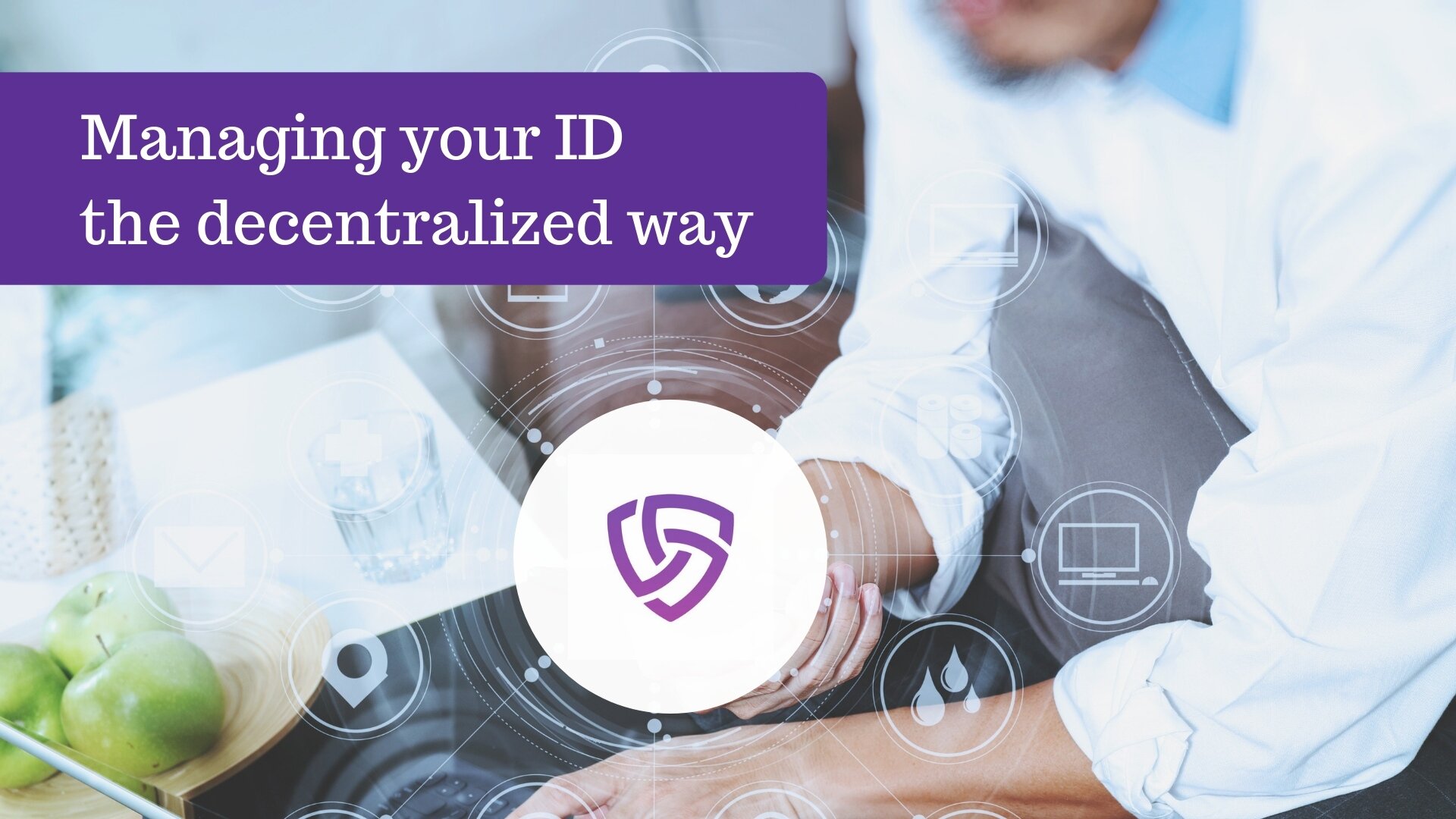Users of iOS, Linux or any other operating system not named Windows know all too well how infuriating online banking could be in Korea. If you were lucky, the website would tell you right away that you needed to use Internet Explorer. If you were unlucky, you’d waste 15 minutes of your life running a gauntlet of screens before realizing the service was incompatible with your operating system. And even if you used a Windows box, you still had to put up with the hassle of getting a government-authorized identification and downloading third-party software such as Active X to use it – with all the privacy, sovereignty and security concerns that entailed.Â
Thankfully, the Korean government is scrapping its outdated system for digital ID certificates. ICON, however, is already demonstrating the future of identification management with its decentralized ID service, CHAIN ID. Leveraging distributed ledger technology and smart contracts, CHAIN ID provides users with private certificates that are safe, secure and blissfully convenient to use.
Managing your ID the decentralized wayÂ
CHAIN ID goes all the way back to October 2017, when theloop – since renamed ICONLOOP – announced the release of the blockchain-based identification service, which allows customers to use the same identification certificate across any of the 25 banks and securities companies that are members of the Korea Financial Investment Blockchain Consortium.
ICON wasn’t shy about the development, proclaiming, “Today, Korea’s online banking security got its first major update in nearly 20 years, catapulting it from tech laggard to blockchain-powered tech pioneer.” Jonghyup Kim, ICONLOOP’s CEO, boasted that CHAIN ID didn’t just replace the outdated certificates. Instead, he said it “puts blockchain into the pocket of every Korean, setting the stage for widespread use of blockchain-based transactions in a new blockchain-powered financial ecosystem.”
To be sure, CHAIN ID represents a major advancement from the previous online ID system. Since the Digital Signature Act of 1999, you’ve needed to use certificates – issued only by institutions authorized by the government – to do online financial and commercial transactions. To use these government-issued digital certificates, you’ve had to download and install Windows-only software, leading to many compatibility and security issues, especially in the mobile age. It’s also hindered the development and international competitiveness of the Korean e-commerce sector. The government finally moved to scrap the system in March.
CHAIN ID, on the other hand, is a decentralized solution to the ID dilemma, replacing the government-issued digital certificates with “immutable, verifiable and interoperable blockchain certificates.” By using distributed ledger technology to build mutual trust and smart contracts to ensure the validity of data within the network, ICONLOOP has made it possible to use private certificates instead of certificates issued by authorized institutions..
Indeed, it’s precisely in the realm of identity management that blockchain technology enjoys some of its greatest disruptive potential.
As ICON explains its system:
“CHAIN ID issues a joint certificate through the consensus of the nodes (participants) in the network. The joint certificate is already authenticated through the consensus of the nodes and can be used freely throughout the network without any additional authentication. The smart contracts will guarantee the integrity of the data, ensuring that the certificate is trustworthy and without the risk of being altered.
The information and status of the certificate is shared among the nodes in real-time so that all the participants will have the same information. By all the nodes having the same data, CHAIN ID can prevent single points of failure, such as hacking attempts that may happen in centralized network environments.”
If it’s good enough for Samsung…
CHAIN ID got a big boost in visibility in May, when the Korea Financial Investment Association (KOFIA) signed an MOU with Samsung Electronics to integrate CHAIN ID into Samsung’s “Samsung Pass” service. ICONLOOP participates in the Korea Financial Investment Association as a technical partner. The blockchain developer said the MOU with the Korean electronics giant was “a big step towards both real-world adoption and globalization of blockchain technology.”
Samsung Pass is an “identity management as-a-service” that enables secure access through biometric authentication. BusinessKorea reported about the deal:
“With the latest MOU, Samsung Pass users can authenticate their identity through smartphones using biometrics, such as fingerprint and iris, without installing a separate certificate system. The investment banking (IB) industry expects that the MOU will significantly increase the stock trading accessibility of investors via smartphones, keeping pace with the current trend of growing stock trading through smartphones.”
Though CHAIN ID exists as downloadable applications from App Store and Play Store, those apps don’t actually do anything. You do not need them to use the service. In fact, CHAIN ID is integrated into the trading and banking apps of the consortium of financial institutions that have agreed to use the identification management solution.
Whether CHAIN ID revolutionizes online identification management remains to be seen. What it has done, though, is shown users that blockchain can improve their lives by offering them services unavailable before – in this case, in the financial sector. As Department Head Kim Jung-ah of KOFIA’s Management Innovation Headquarters told BusinessKorea, “Chain ID, the world’s first blockchain-based joint authentication system that opened last year, is going to develop into a platform that will replace official certificates by combining with biometric authentication technology. We are going to continue digital innovations that financial consumers can feel.”






